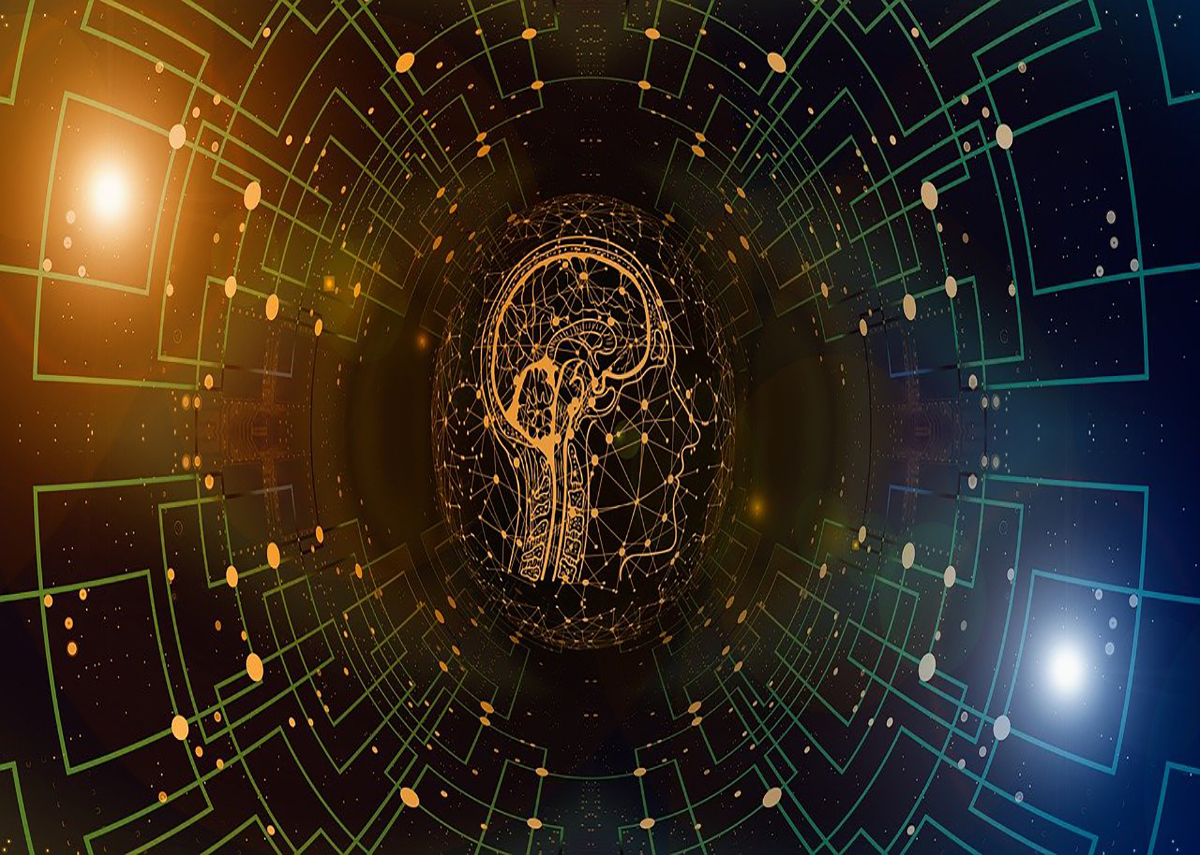Data Science and Big Data – How Do They Differ?
Share

Data is part of our lives and is available everywhere. Every day, we create large amounts of digital data. Statista suggests that in 2021, we reached more than 74 zettabytes of generated data. They further suggest that in 2024, this number would double. Many people are unable to understand the difference between data science and big data. In this article, we will learn what both these terms mean in the digital world. Although the meanings of these technologies are slightly similar, there is a huge difference between them. Now, let’s understand the meaning and definitions of these terms:
What Is Data Science?
Data science includes everything that relates to data preparation, cleansing, and analysis. It includes both structured and unstructured data. As a study, data science is the combination of programming, mathematics, statistics, problem-solving, and capturing data. There are numerous techniques to process and analyze data, such as machine learning algorithms.
Applications of Data Science
- Search engines utilize data science algorithms to generate the best results based on the keywords.
- Digital marketing also utilizes data science algorithms for digital billboards and display banners. That’s why digital ads have higher click-through rates than previous marketing methods.
- The recommender systems make it easier to identify relevant products as well as enhance user experience. Many businesses promote their services and products using this technology as they receive relevant information according to their user’s demands.
What is Big Data?
Big data includes a large volume of data that traditional applications cannot process. A single computer cannot process large amounts of raw data. Every day, businesses receive abundant structured and unstructured data. Big data helps them analyze insights and make better decisions.
Applications of Big Data
- Retail banks, credit card companies, insurance firms, private wealth management advisories, and other institutions can gather valuable information using big data. In short, big data can solve numerous problems in the financial sector. Also, big data can help with compliance analytics, customer analytics, operational analytics, and fraud analytics.
- Big data can help retain customers, gain new subscribers, and attract new customers. Telecommunication service providers offer solutions to these problems. They can utilize machine-generated and customer-generated data every day.
- Regardless of business type and size, every business intends to attract its customers by providing better customer service. Big Data enables businesses to analyze data sources and accumulate everyday data. The data helps with customer transaction data, weblogs, social media, loyalty program data, and store-branded credit card data.
Conclusion
With the above definition and applications of data science and big data, you can easily differentiate between these two terms. Big data is a technique that enables businesses to collect valuable data and process the information. On the other hand, data science helps experts to build data-dominant products.


